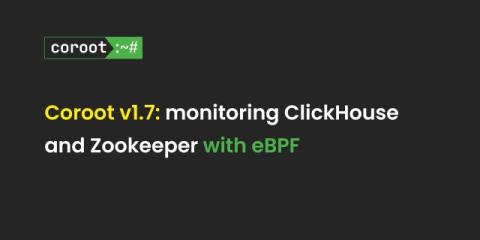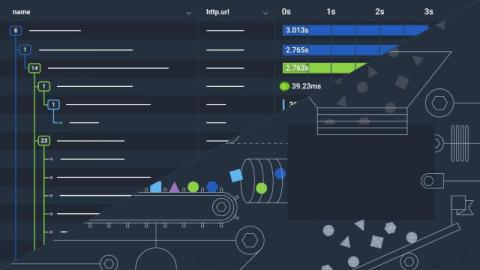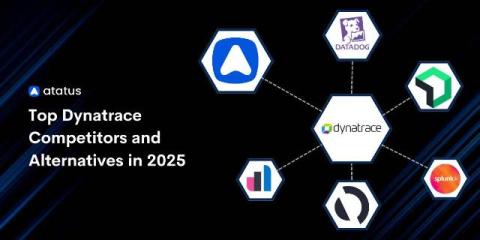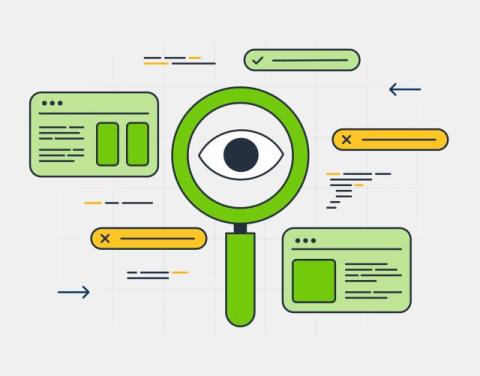AI in Observability: Mapping Root Causes with Precision
Explore how AI is transforming observability by mapping system connections and uncovering root causes with precision. The Logz.io AI Agent analyzes logs, metrics, and service dependencies to provide actionable insights without the need to sift through overwhelming amounts of data.











